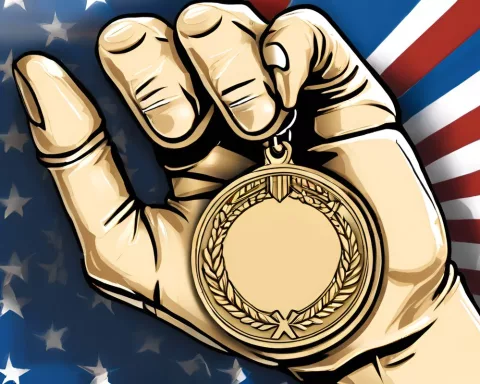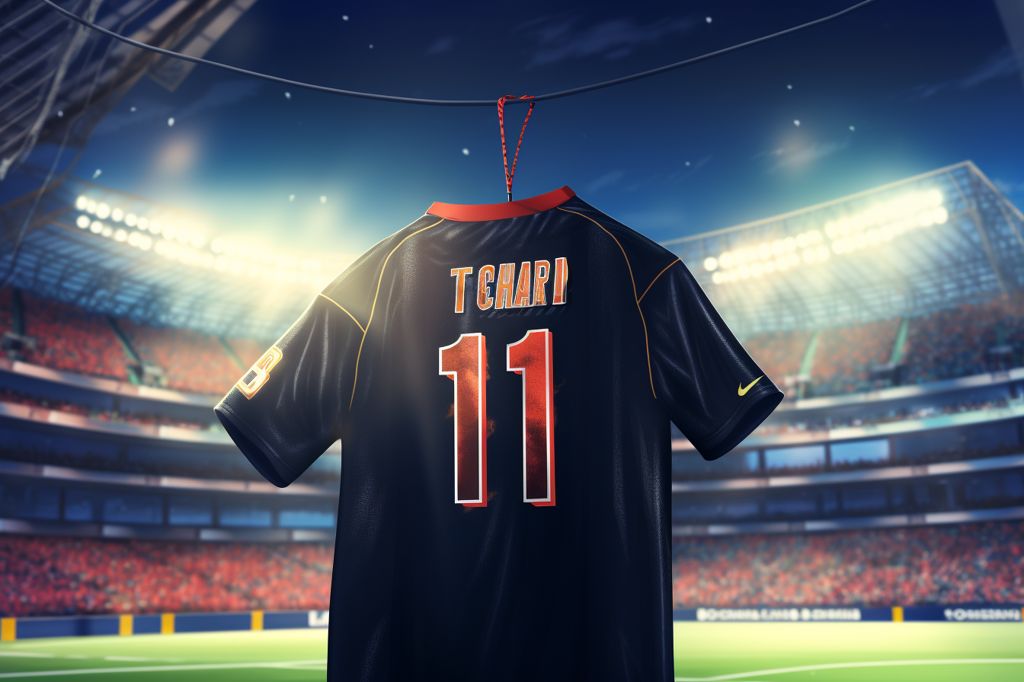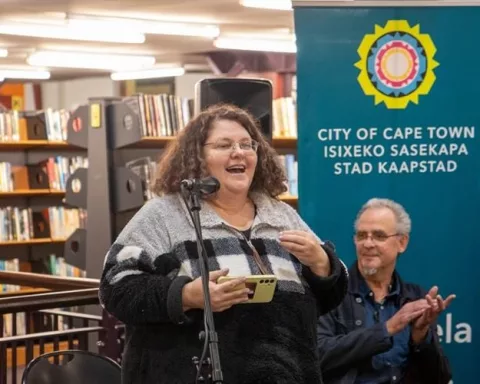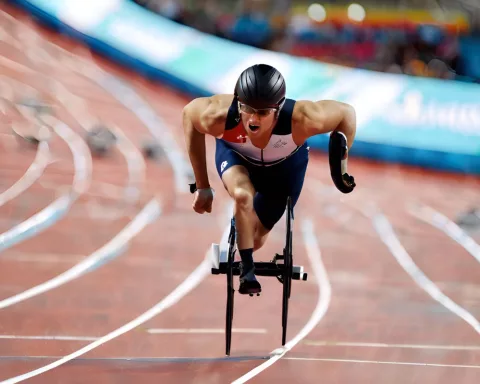Caster Semenya, a renowned Olympic athlete, has been fighting against the competition rules set by World Athletics (formerly known as the IAAF) that mandate athletes with a difference of sexual development (DSD) to lower their blood testosterone levels for specific events. Due to these regulations, Semenya has been barred from participating in her preferred events since 2019.
Legal Battles and Victories
Semenya’s legal battle began at the Court of Arbitration for Sport (CAS) in Switzerland. Despite several appeals being rejected, she recently achieved a legal victory at the European Court of Human Rights. Four out of the seven judges concluded that Switzerland’s courts had inadequately considered Semenya’s human rights, resulting in a violation.
Uncertain Future for Semenya
Despite the landmark judgment in the relationship between sports and human rights, it does not guarantee a change in the DSD athletes’ rules. World Athletics, as a private body, is not a signatory to the European Convention on Human Rights, and their regulations still stand. Consequently, Semenya’s return to international athletics remains uncertain.
The IAAF’s 2018 ruling specified that athletes with certain DSDs must maintain a blood testosterone level of below five nanomoles per liter (nmol/l) for at least six months before participating in restricted events. This is typically achieved through medication, which Semenya was hesitant to take due to side effects.
Impact on Sports Governing Bodies
Historically, sports governing bodies have adhered to the notion of autonomy, exempting them from external legal norms. However, United Nations principles maintain that businesses, including private sports organizations, bear a corporate responsibility to uphold human rights.
The recent ruling from the human rights court implies that courts in signatory states must consider human rights when reviewing disputes between athletes and sports governing bodies. This may encourage organizations to be more mindful of human rights, or it could lead to more cases involving human rights violations.
Legacy of Semenya’s Persistence
Semenya’s persistence in her legal battle has earned her a judgment that could prove pivotal in protecting athletes’ human rights. This outcome may not be the legacy she initially envisioned, but it stands as a testament to her grace and fortitude.











